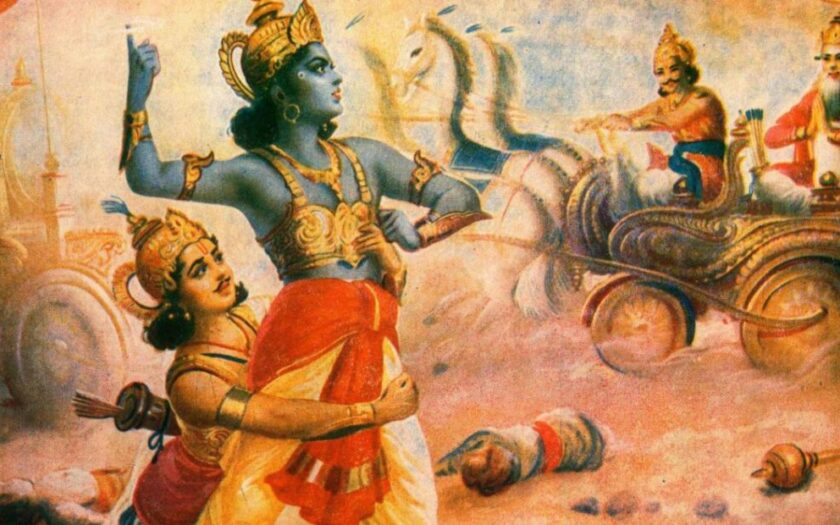Which Shloka of Bhagavad Gita Says that “ Change is Constant”
Which Shloka of Bhagavad Gita Says that “ Change is Constant” : The phrase ” change is constant” is not explicitly mentioned in the Bhagavad Gita. However, the Bhagavad Gita does discuss the concept of change and impermanence. One verse that conveys this idea is:
“Yam hi na vyathayantyete purusham purusharshabha,
Samaduhkhasukham dheeram so’mritatvaya kalpate.”
Translation: “O best among men, the person who is not disturbed by happiness and distress and is steady in both is certainly eligible for liberation.”
This verse emphasizes the importance of maintaining equanimity in the face of life’s ups and downs. It implies that change, whether in the form of happiness or distress, is an inherent part of life. By developing a steady and balanced mind, one can attain a state of liberation or immortality.
While the exact phrase you mentioned is not explicitly present, the essence of impermanence and the need to embrace change can be found throughout the teachings of the Bhagavad Gita.
The Bhagavad Gita, often referred to as the Gita, is a sacred Hindu scripture that is part of the Indian epic, the Mahabharata. It is a 700-verse dialogue between Prince Arjuna and Lord Krishna, who serves as his charioteer and spiritual guide.
The Bhagavad Gita is set on the battlefield of Kurukshetra, where Arjuna finds himself in a moral dilemma and is reluctant to fight in the war against his own relatives and loved ones. In response to Arjuna’s confusion and despondency, Lord Krishna imparts spiritual wisdom and guidance, addressing various aspects of life, duty, righteousness, and the nature of the self.
The teachings of the Bhagavad Gita cover a wide range of philosophical and spiritual topics, including karma yoga (the path of selfless action), jnana yoga (the path of knowledge), bhakti yoga (the path of devotion), and dhyana yoga (the path of meditation). It explores concepts such as duty, righteousness, detachment, renunciation, the nature of the soul, and the ultimate goal of life.
Also Visit our YouTube Channel :
